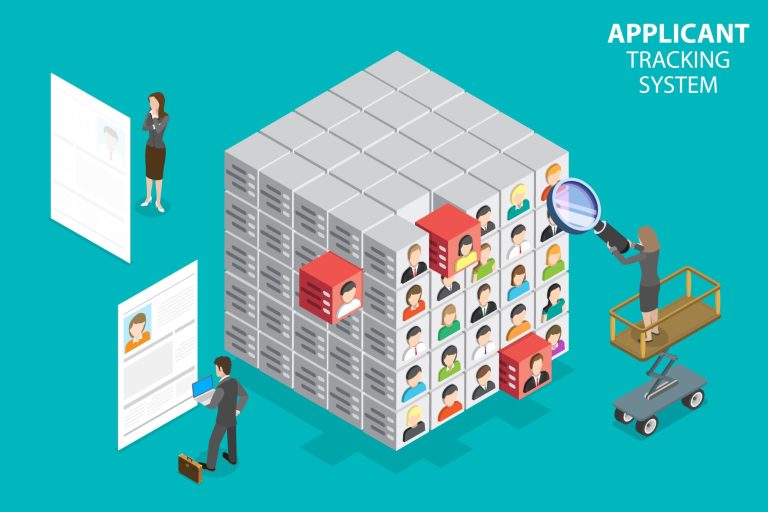If you’re a political or business leader, you may be tempted to throw your hands in the air in protest at a question that makes an assumption that many leaders are corrupt. The sad reality is that corruption at the highest levels is a global phenomenon. It would appear that very few countries have been spared.
While you may well not be corrupt, collusion and corruption can only be carried out by people in decision making – or leadership – positions. So it’s highly likely that those engaged in corruption are in some or other leadership.
Sure, others lower down the food chain might be involved in corruption but are usually carrying out the orders, possibly for personal gain in some way, of someone higher up the food chain.
The fact is, leaders are decision makers and have the authority to execute certain actions, which makes them prime candidates for corrupt activities should they choose to engage in such matters.
Regarding the question of why so many are corrupt, here are just three perspectives to consider …
Firstly, anyone about to engage in some or other corrupt activity will do so because they think they will get away with it. If they believed that they would be exposed, found out or caught out and made to face the consequences of their criminal actions if they engaged in criminal activities, they would probably think twice before trying anything corrupt.
Sadly, systems, checks and balances, and law enforcement are no longer what they used to be, making it open season for all those wishing to get their hands on piles of cash to which they are not entitled.
Companies would do well to look at their systems and procedures to ensure that loopholes are closed and that transparency across the organisation is a given. Remember the old saying, “Doers of evil love darkness”? That refers to a time when darkness could be used as cover for criminal actions.
Ethical business leaders keen on cutting corruption out of their organisations would do well to seek out any areas of “darkness” in the organisation and ensure that bright lights are shining in those dark corners, 24/7/365. This can easily be done by new age AI technology.
Secondly, people engage in financial crime, fraud and corruption because of personal greed. They want more and they don’t care how they get that “more”. Acquiring more in an honest way requires a lot of hard work, risk taking, dedication and time. That’s too much like hard work for greedy people, so they set about finding ways to make piles of money quickly and easily, in dishonest ways.
That speaks to their values – their level of honesty, sense of right and wrong, their sense of fairness, their work ethic and their moral compass. Those who lack such and other positive values are prime candidates for corrupt activities. You will already be familiar with the principle of hiring people first on their values and then on their skills. In this day and age when corruption runs rampant through so many organisations, it’s critical to put in place a means to identify and eliminate people during your recruitment and selection process who do not have the values you want in your company. You want to ensure that they never get into your company because, once they’re in, it’s very difficult to get them out.
Thirdly, leaders engage in corruption because, well, others are doing it and getting away with it. When people see that it’s easy to do dodgy deals and get away with it, they’re encouraged to try their luck too.
This speaks to the culture you have nurtured – or allowed – in your organisation. If your company’s culture lends itself to people doing as they wish and not being held accountable, when people observe that leaders are not leading by 0example – the old “Do as I say, not as I do,” brigade – it becomes open season for them to try their luck as well.
Do a ruthlessly honest assessment of your company’s culture to determine if the existing culture has indeed made it easy for people to engage in corrupt activities, or possibly even encouraged to engage in such activities. You may be surprise at what you discover.
The old saying that, “The only thing necessary for the triumph of evil is for good men (and women) to do nothing,” is still as valid and true today as when it was first said 200 years ago.
Standing up to corruption requires ethics, courage and commitment from leaders who know who they are, know who they want to be and hold themselves and others to high levels of ethical standards.
Alan Hosking is the Publisher of HR Future magazine, www.hrfuture.net and @HRFuturemag. He is an internationally recognised authority on leadership competencies for the future and teaches experienced and younger business leaders how to lead with empathy, compassion, integrity, purpose and agility. He has been an Age Management Coach for two decades. In 2018, he was named by US-based web site Disruptordaily.com as one of the “Top 25 Future of Work Influencers to Follow on Twitter“. In 2020, he was named one of the “Top 200 Global Power Thought Leaders to watch in 2021” by peopleHum in India. In 2022, he has been named on the Power List of the “Top 200 Biggest Voices in Leadership in 2022” by LeaderHum.

























